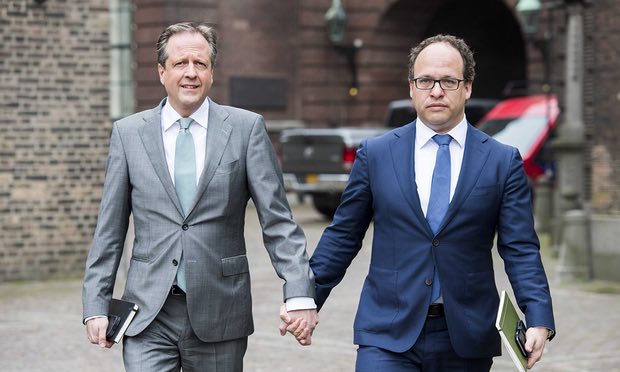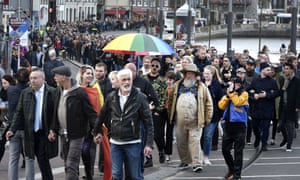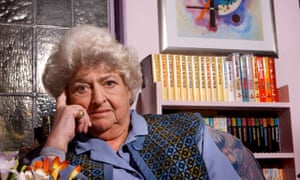
Kathmandu (Pahichan) April 12 – Irecently thanked an old school friend for being one of the only people I heard, back in the grisly early 1990s, saying he was cool with gay guys. Men then seemed to believe if you didn’t hate “poofs” it meant you were one. To be anything less than hostile seemed to threaten a penetration of their masculinity, metaphorically and literally. But my mate Nic wasn’t in any doubt of his own sexuality and so wasn’t disturbed by anyone else’s. Who knew that’s how it worked?
This week straight men in the Netherlands publicly held hands to protest the violent attack by a group of men on a male couple who dared to hold hands in public, something most gay couples in the UK are wary of doing. (Last month a 23 year old was glassed in a south London pub for holding his boyfriend’s hand).
Using the hashtag #allemannenhandinhand (“All men hand in hand”) politician Alexander Pechtold, leader of the Democrats 66 party, held the hand of his colleague, Wouter Koolmees, and said, “In the Netherlands we think it is quite normal to express who you are … it’s important that we show this week that it’s absolutely normal.”

Social media showed guys holding other guys’ hands: members of the Dutch UN delegation in New York, its London ambassadors, boxers, policemen, medics and others.
It is surprisingly powerful and speaks to an easily forgotten truth in LGBT politics: we need allies.
In Pride?, a forthcoming documentary film that questions that word’s meaning, Lisa Power, one of Stonewall’s founders, says the group was born after the movement mistakenly believed it could stop Thatcher’s section 28 with protest alone, without the help of straight allies.
It’s clear LGBT people making their voices heard made the biggest impact on the progression of equality, but straight allies were crucial, too. From TV producers including gay characters on shows and public figures such as the glorious agony aunt Claire Rayner demanding “we need to change this fucking stupid law” to the mainstream celebrities at fundraisers and in the gay press – they all helped change public opinion. Cross-party support was vital. Conservative MP Edwina Currie tabled the 1994 age of consent amendment and helped slowly chip away at her homophobic party.
Today we drastically need straight people to speak up about the situation in schools. School bullying and isolation is where the higher levels of anxiety, depression, suicide ideation and addiction that LGBT people statistically have, begins.

It’s crucial we understand that what LGBT kids go through at school is not an issue just for us. These are the children, on the whole, of heterosexual people – and supporting them is an issue for everyone, in particular parents. This is why the media’s refusal to report the experience of these young people is outrageous. Has there even been one television documentary or newspaper article focused specifically on the isolation that young LGBT people suffer, ever? At the moment, these children are invisible in society. The media doesn’t care.
I’m not embarrassed to say that seeing pictures of all these straight guys holding hands made me cry. It’s powerful because it tenderly cracks apart the homophobic granite that so scared my school friends: being OK with gayness does not threaten masculinity. That fear hurts everyone, all the way to the gay Masc 4 Masc obsessives.
Freeing men to show affection, to express warmth and vulnerability, be it sexual or not, is hugely important. If we had more of it we might change the whole world, and not just for LGBT people. What more powerful message could everyone on this planet receive today: all of us, hand in hand. Over to you, bros.
Copy : www.theguardian.com
Copyright © All right reserved to pahichan.com Site By: Sobij.